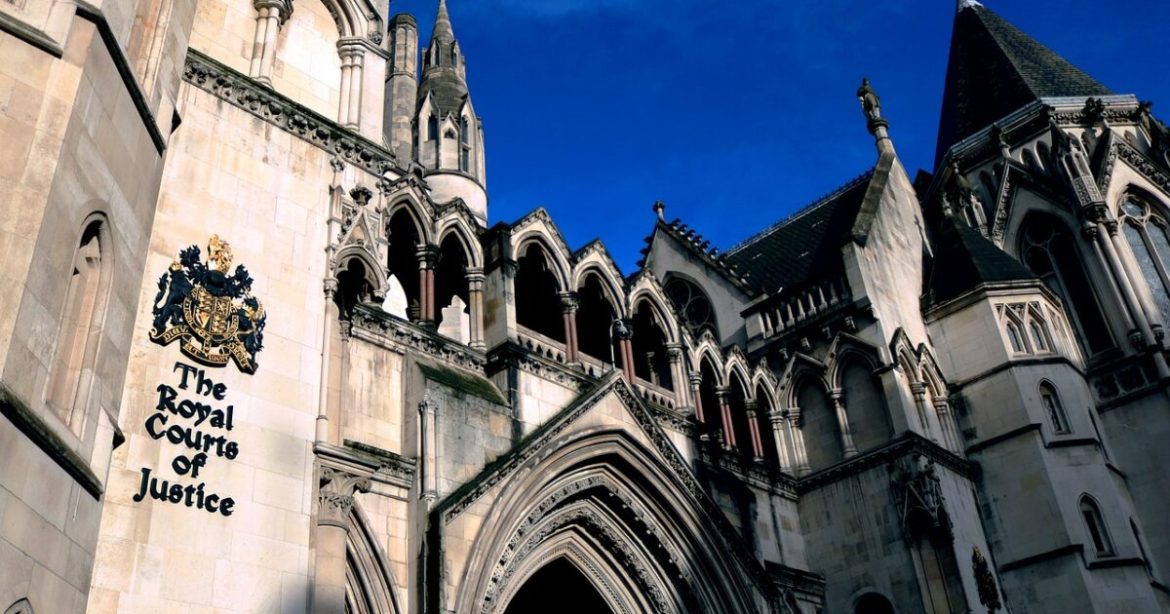

For Americans, the term “Grooming Gang” may seem like a distant UK issue. But the story of “Liz,” a Rotherham survivor in North England, should resonate. In March 2023, she won a £425,000 ($550,000 USD) compensation award against her rapist, Asghar Bostan, part of a Muslim Pakistani grooming gang (rape gangs). Yet, by October 2025, court delays have left her empty-handed.
These delays, coupled with fears of “Islamophobia” accusations that shielded UK gangs, mirror U.S. struggles with justice for sexual abuse victims. They raise alarms about whether similar crimes could hide in America under the same guise of political correctness. Short prison sentences, like the lenient terms often handed to UK offenders, further erode trust—a pattern Americans see in trafficking or abuse cases.
The UK’s endless inquiries, costing millions with no action, and courts that stall survivors’ justice, parallel American issues. From trafficking rings to campus assaults, both nations grapple with backlogged systems and institutional failures. Liz’s fight is a warning: justice delayed is justice denied.
A Stalled Victory with American Implications
Liz’s trauma began in the early 2000s, when she was raped as a teenager by Ashgar Bostan, a taxi driver convicted in 2018 under Operation Stovewood. This probe targeted Rotherham’s child sexual exploitation crisis from 1997 to 2013. She pursued the UK’s first private civil prosecution, funded by philanthropists including Lord Pearson of Rannoch, who raised £30,000 with Lord Vinson to cover legal costs. Her team secured a default judgment for £425,934—now about $585,000 with interest—for her lifelong trauma.
Bostan’s criminal sentence was shockingly light: just seven years for multiple rapes, with parole eligibility by 2022, reflecting a UK trend of lenient sentencing for grooming gang members.
But Liz’s win remains hollow. A charging order on Bostan’s property was granted in September 2023, finalized in November, with a sale order in October 2024. Yet, no final court date exists as of October 2025.
The 2.5-year delay mirrors U.S. court backlogs — 1.3 million pending civil cases in 2024. Elizabeth faces postponed hearings and months-long waits for fee waivers, despite judges’ “shock” at these delays. And at each stage the system demands £10,000 from her in “court fees.”
Even obtaining court transcripts is a lang drawn out expensive ordeal. Lord Pearson fought for Bostan’s 2018 trial transcripts, battling Sheffield Crown Court from December 2020 to March 2021 for the civil case. After the House of Lords Library admitted they were too expensive for them to obtain, Lord Pearson personally paid for them. Bostan’s 2024 parole breaches went unmonitored, echoing U.S. failures like Larry Nassar’s parole mishandling. With UK courts adding 500 more cases to the backlog each month, trials now stretch to 2027 — much like U.S. survivors enduring prolonged pain.
Could Grooming Gangs Hide in America?
And the pattern is not foreign to the U.S. either. In the UK, grooming gangs—largely Muslim Pakistani men targeting vulnerable white English girls—operated for decades while authorities hesitated, fearing “Islamophobia” accusations. That fear allowed abuses to fester unchecked. Short sentences, like Bostan’s seven years, enabled early releases, undermining justice and retraumatizing victims.
In the U.S., similar dynamics could conceal organized abuse. The FBI’s 2024 trafficking report highlights vulnerabilities in marginalized and underserved communities. Cases like a 2023 Minnesota trafficking ring, involving Somali-American men exploiting teenage girls, show disturbing parallels. Local officials delayed action amid community sensitivities. In cities like Minneapolis or Dearborn, fear of “Islamophobia” labels could mirror UK failures, letting exploitation go unchecked. Political correctness risks becoming a shield for predators, as it did in Rotherham.
Inquiries: A Costly Mirage Across the Atlantic
The UK’s response to grooming gangs — costly inquiries with little follow-through — should alarm Americans. The 2014 Rotherham Inquiry, costing $2 million, identified 1,400 victims and urged reforms. Yet fears of “racism” or “Islamophobia” accusations persist, stalling progress. The 2015–2022 Independent Inquiry into Child Sexual Abuse, at $100 million, proposed a compensation scheme and new child protection authority. None are implemented by 2025.
Local probes in Oldham ($6–13 million) and Telford ($9 million) demanded accountability, yet we have not seen a single public official prosecuted for their failures. Survivors are forced to resort to crowdfunding lawsuits. Baroness Casey’s 2025 audit, costing between $2.5–6 million, revealed over 4,000 group-based offences in 2023—yet ethnicity was recorded in only 37% of cases. This mirrors U.S. debates over trafficking data and the reluctance to identify organized patterns. Inquiries costing over $130 million annually enrich lawyers while recommendations gather dust.
A Reluctant Inquiry and Political Stonewalling
The UK’s first ever national grooming gang inquiry, announced by Prime Minister Keir Starmer earlier this year, faces chaos. Labour resisted for years, fearing “Islamophobia” backlash, until public pressure—amplified by Tommy Robinson, Elon Musk and Rupert Lowe MP, forced action. Four survivors have now quit the national grooming gang inquiry panel, citing a “toxic environment” and “cover-up” fears as the probe weakens.
No chair has yet been appointed; candidates were rejected over conflicts of interest, echoing U.S. controversies around biased investigators. Survivors demand a judge-led probe, but delays loom. The situation mirrors American stalls in trafficking or police misconduct hearings, where politics and optics triumph over justice.
Courts as Gatekeepers: A Transatlantic Betrayal
UK courts wound survivors with neglect, delaying trials to 2027 and demanding fees from those already destitute. Lenient sentences like Bostan’s compound the injustice. Liz’s unenforced award renders verdicts toothless, mirroring U.S. survivors waiting years for resolution in cases like R. Kelly’s civil fallout. Both systems too often dismiss victims as “promiscuous” or “consenting,” prolonging trauma.
Police and social services continue to investigate themselves, while inquiries shield rather than expose institutional failure. “Liz’s” stalled award is a form of systemic sabotage—just as U.S. settlements often languish in bureaucratic limbo, protecting institutions over people.
A Transatlantic Wake-Up Call
Liz’s fight is more than a British tragedy—it’s a transatlantic warning. When fear of Islamophobia outweighs the pursuit of justice, predators thrive. Both nations face slow courts, futile inquiries, and unaccountable systems that silence victims while shielding offenders.
America must heed Britain’s warning: when justice bows to politics and fear, it ceases to be justice at all. Liz’s ordeal demands a reckoning on both sides of the Atlantic —because justice delayed is justice denied.
The post UK Courts Block Grooming Gang Survivor from Enforcing Compensation Award: Could this be happening in America? appeared first on The Gateway Pundit.

